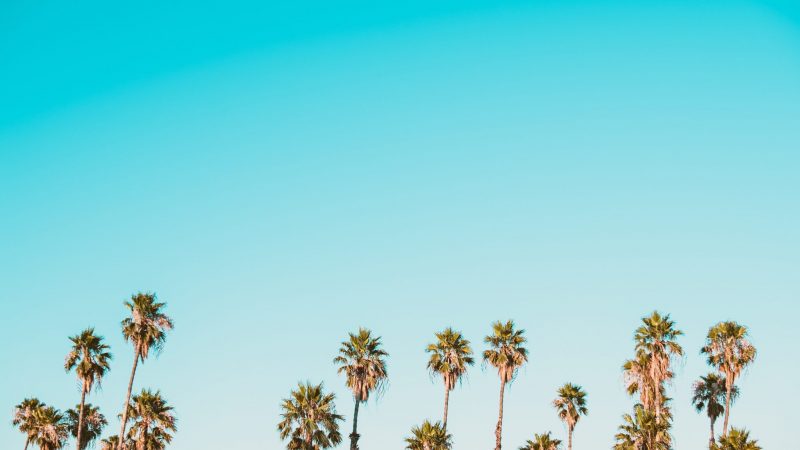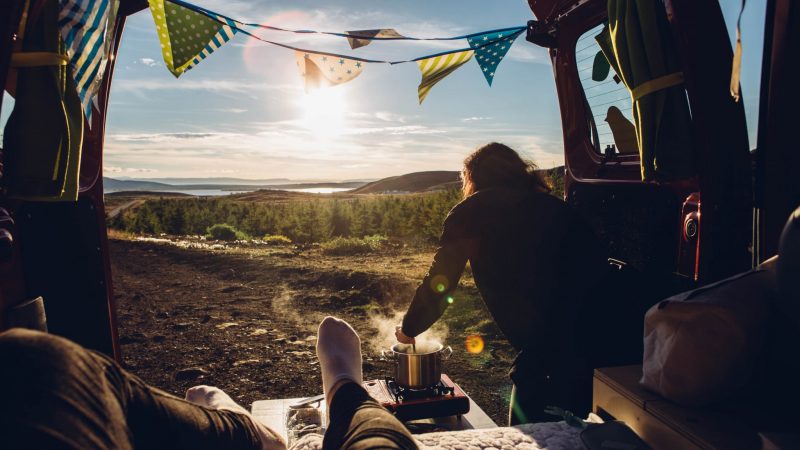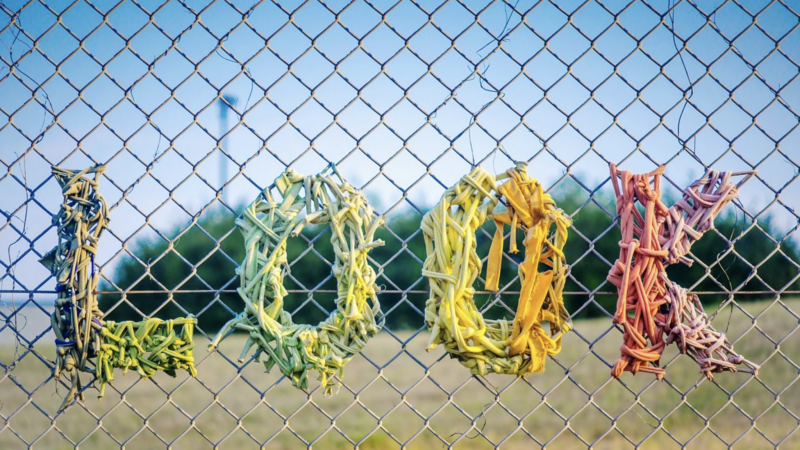Location: Hoddevik, Norway
Location: Hoddevik, Norway
Food Studio is an incubator and playground for sustainable living and thinking located in Oslo, Norway. Founded in 2011 by Cecilie Dawes, Food Studio is also known for its otherworldly, one-off events. A summer dinner out on the island of Awaji, Japan made from locally foraged foods. Or a getaway on the beaches of Hoddevika to promote awareness around the future of our oceans.
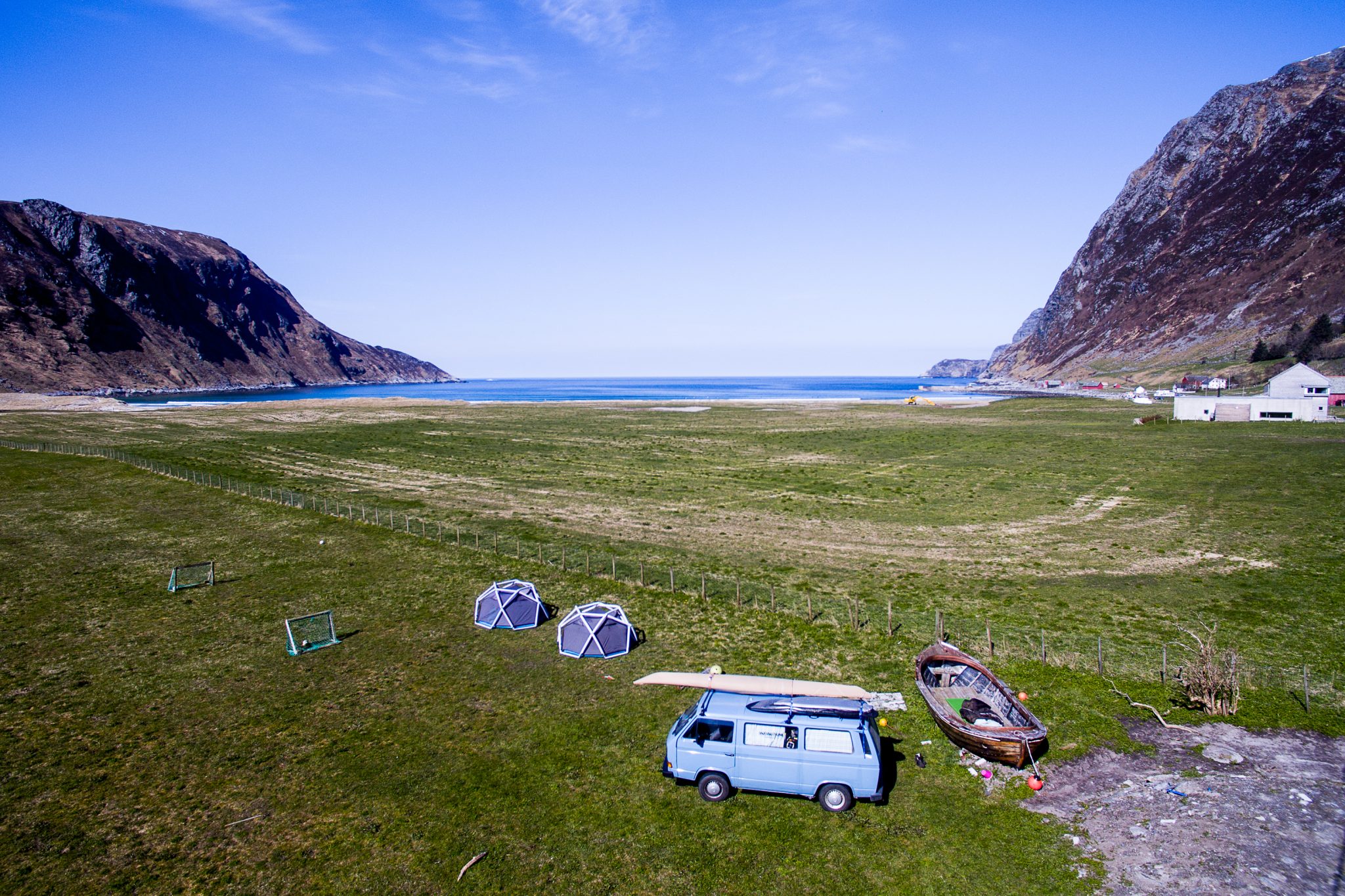
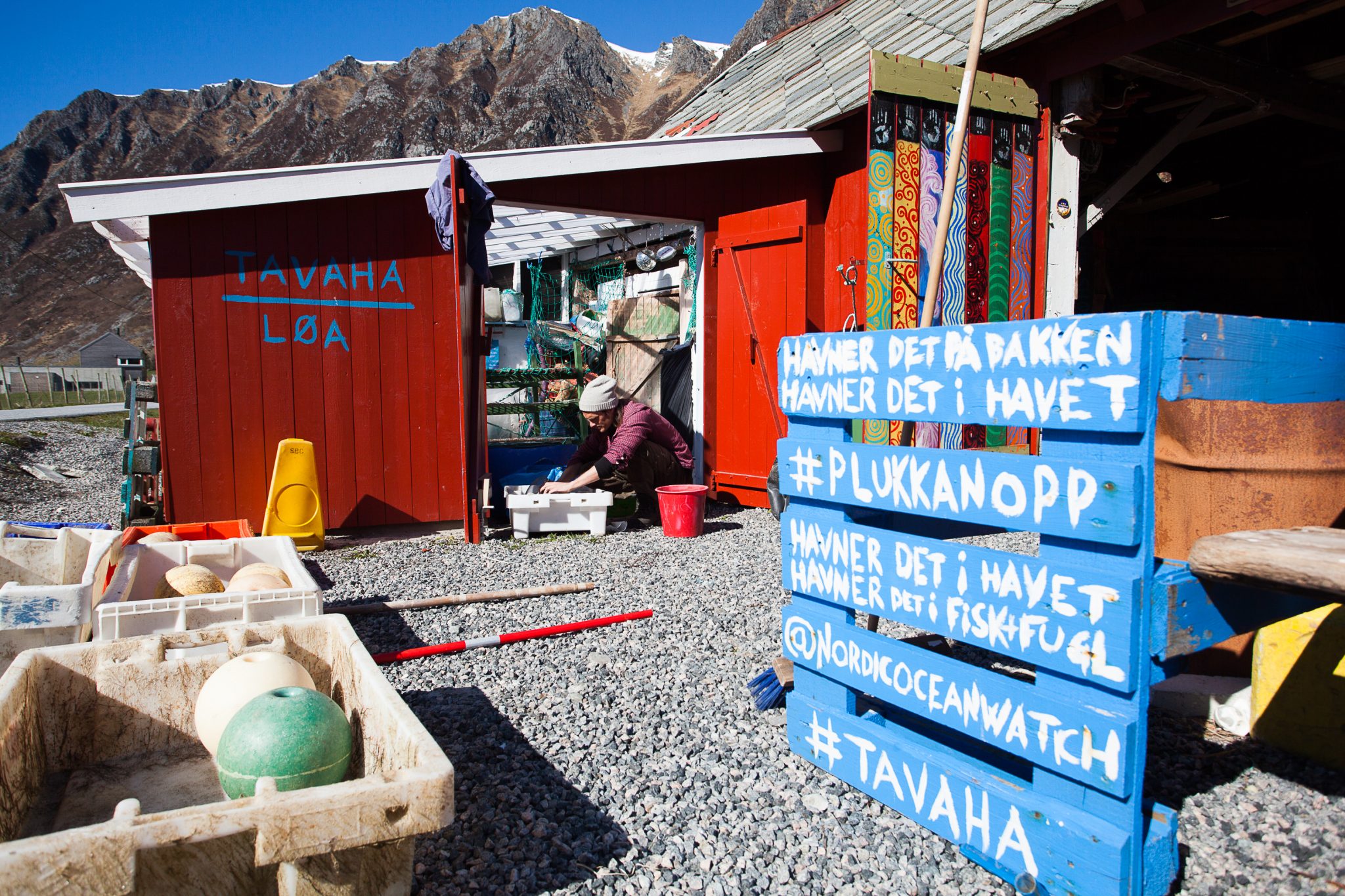
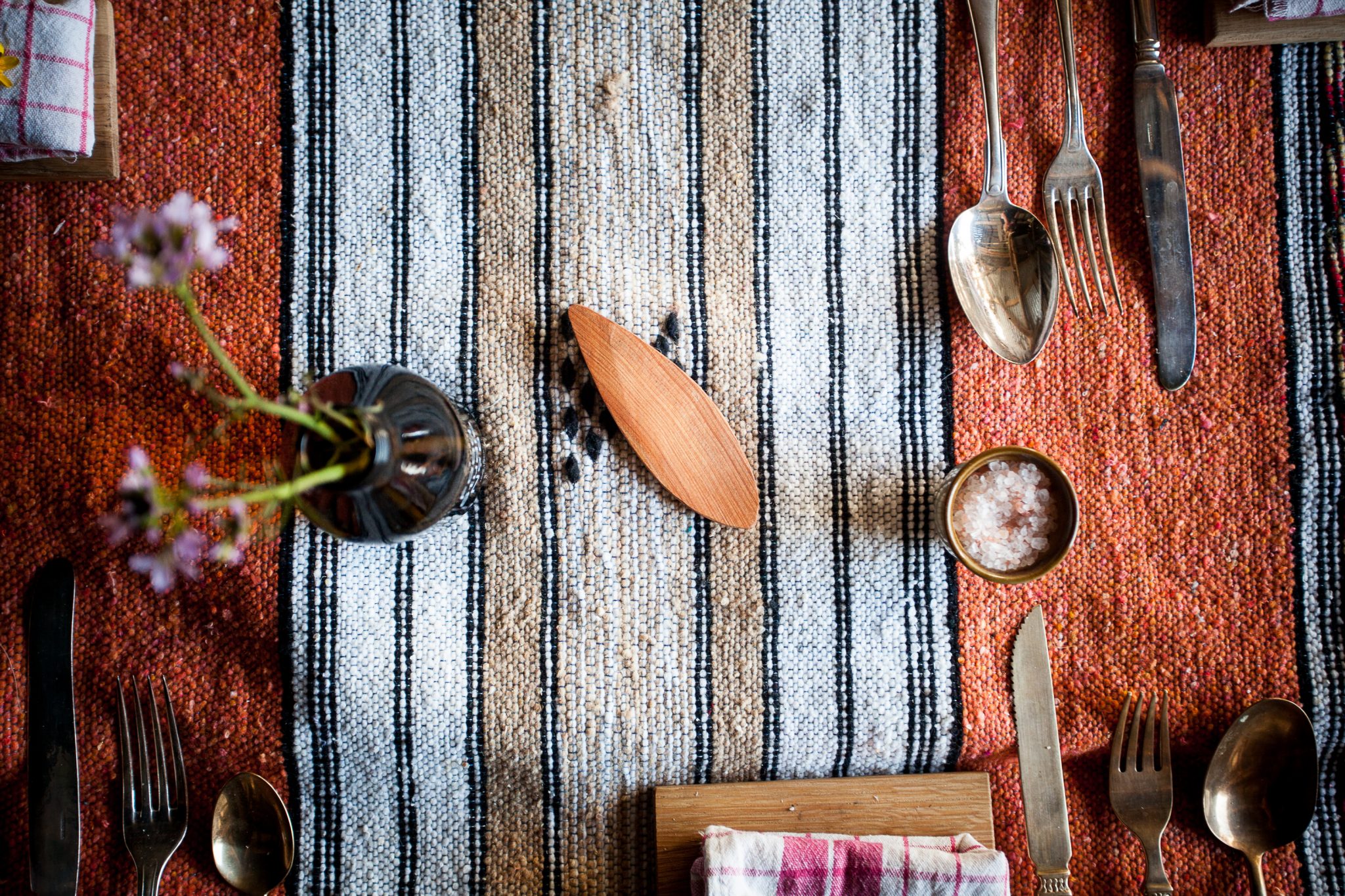
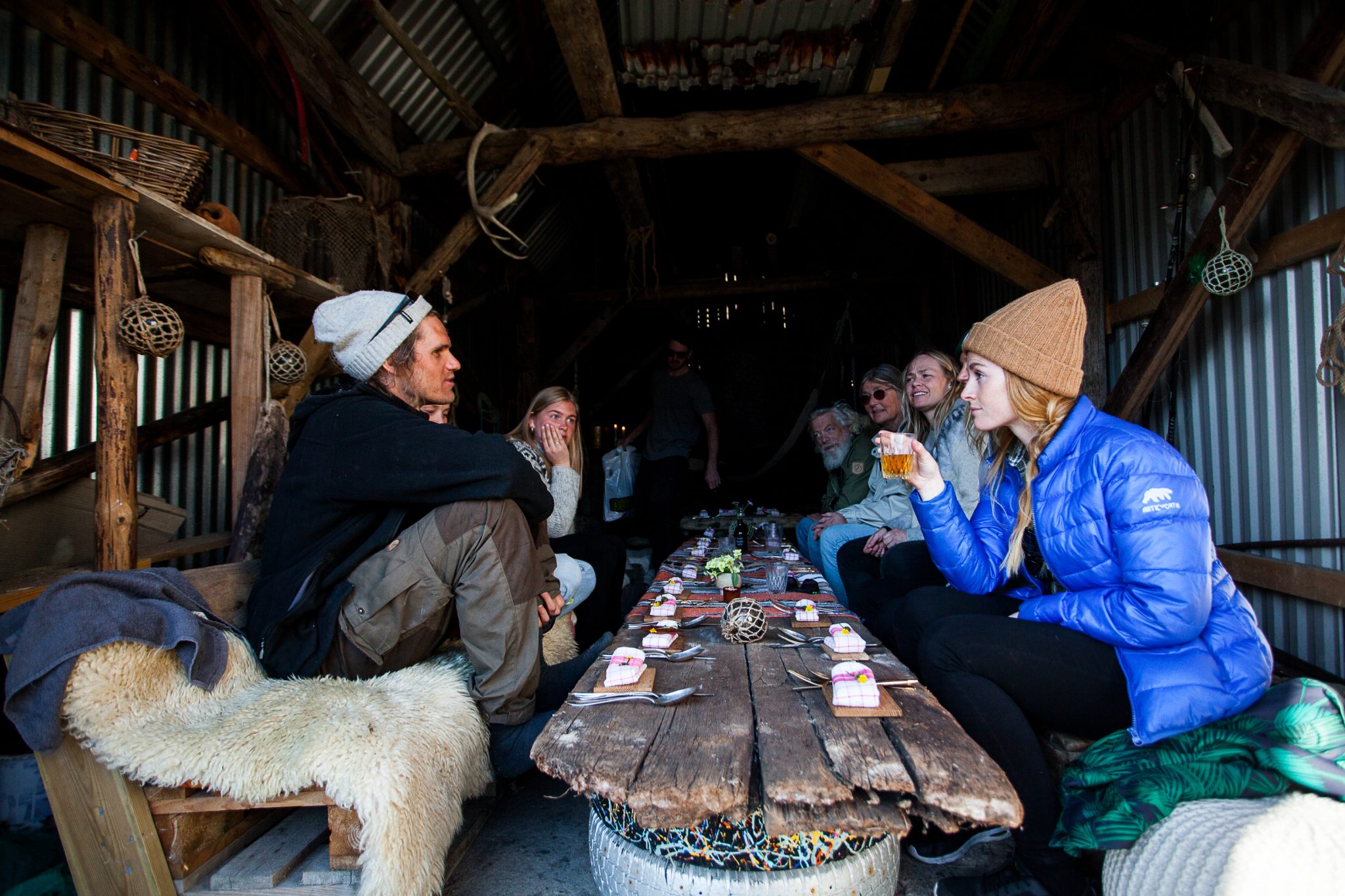
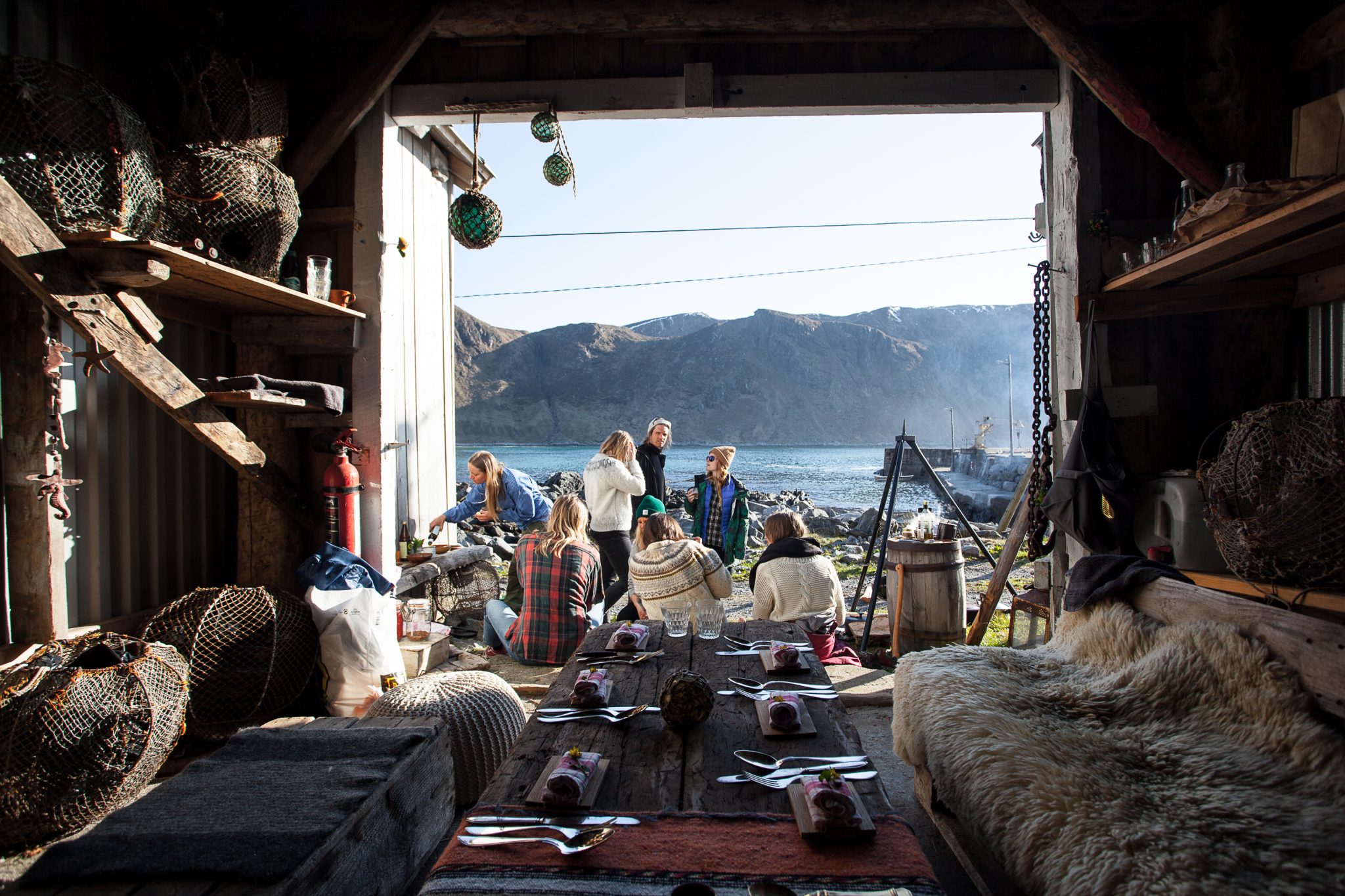
Tell us about your decision to stop flying this year.
Well, I never saw myself as a traveler. That I have this spirit in me. But I have traveled my whole life. When I was in high school, I went to Tanzania to build a school for girls. And during my studies later on, I used my student loans to buy a round-the-world ticket with eleven stops. I just figured, I could live in my car to make it work. But if I look at my footprint, I’m probably am one of the worst. I had worked with Food Studio for about four years before I started reflecting seriously about my footprint. One of my strongest beliefs on how to create change is through networks and sharing knowledge. So, I had been telling myself, as a part of that you have to travel. We had taken Food Studio to Australia, to Japan, and Paris.
But I got to a point, where I had to say, this isn’t working. It’s just talk. That’s when I started understanding that change comes through action. You can’t just tell someone to stop eating meat every day. Or to stop throwing away food. It starts with seeing other people doing it. They inspire you and then you take a tiny step on your own.
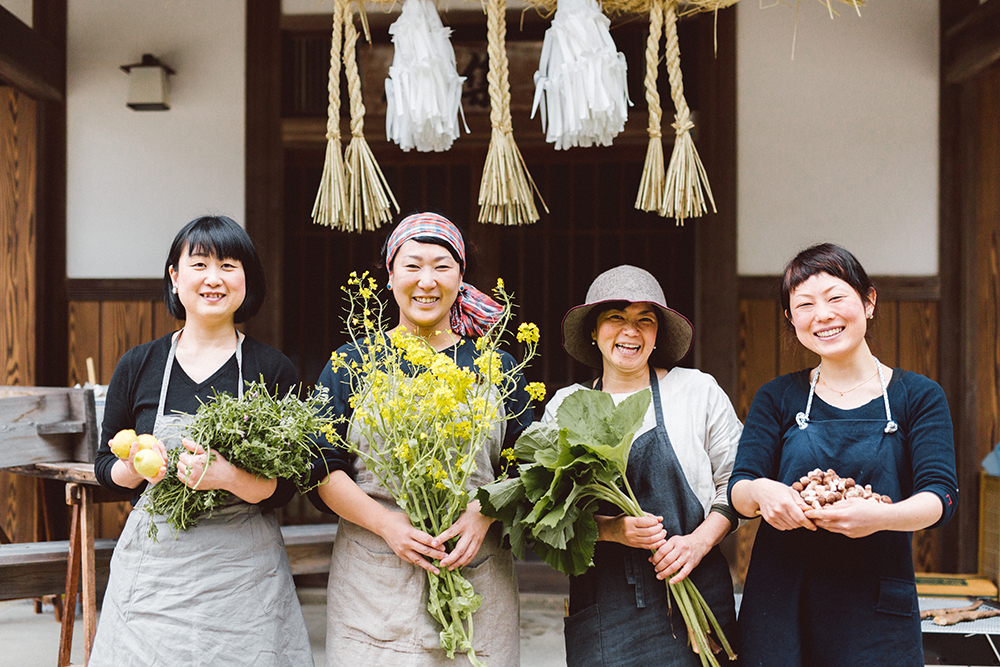
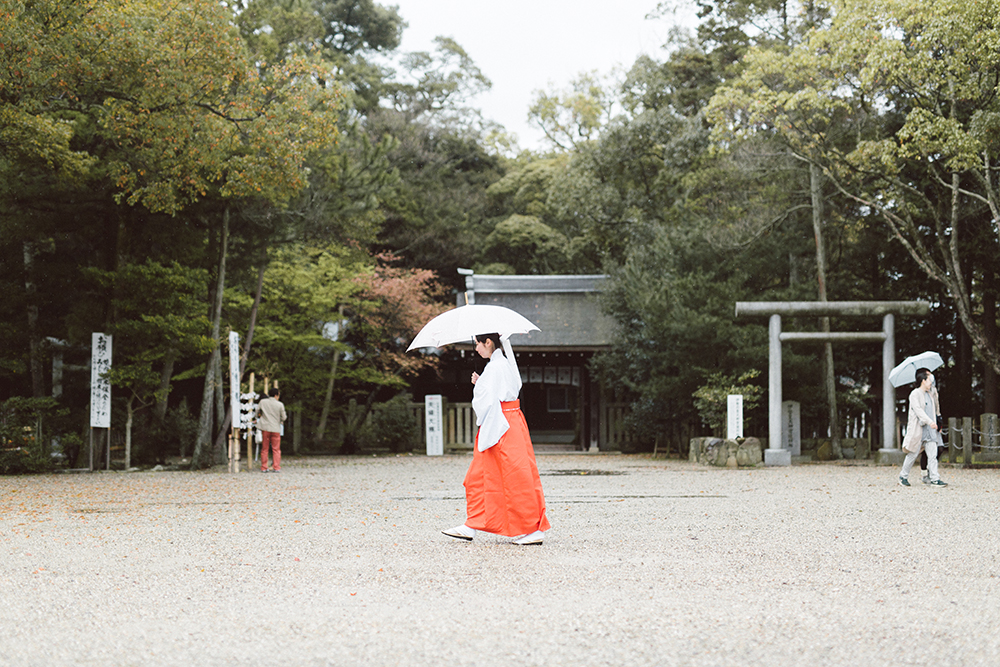
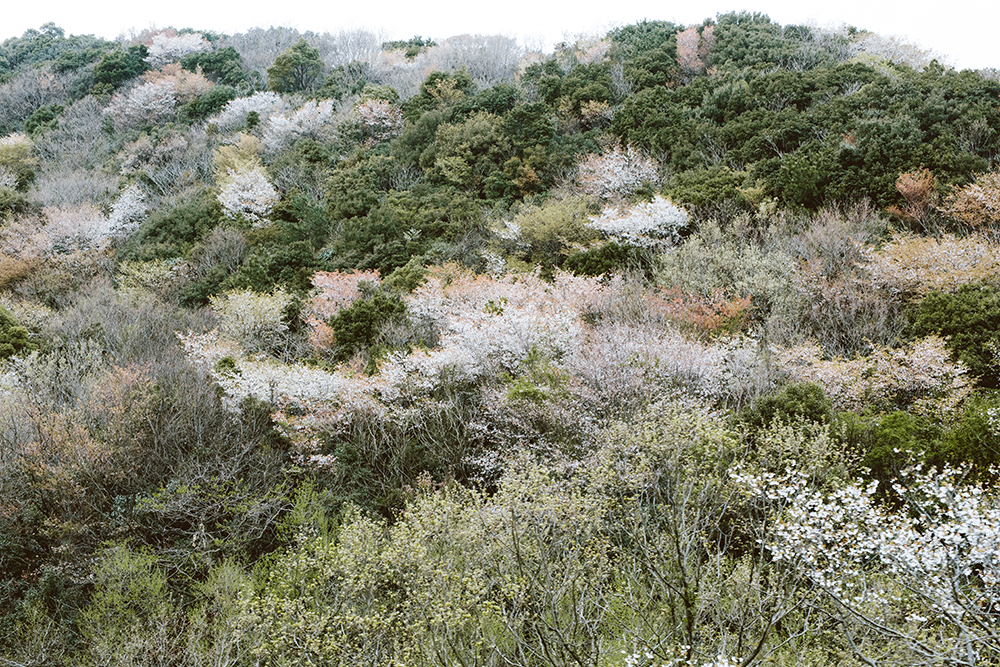
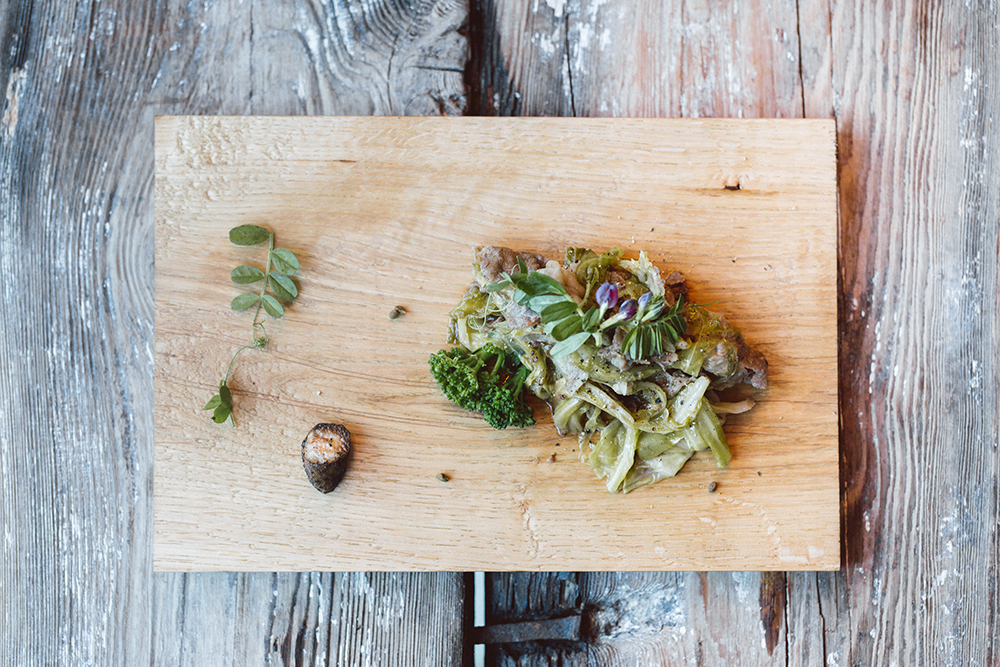
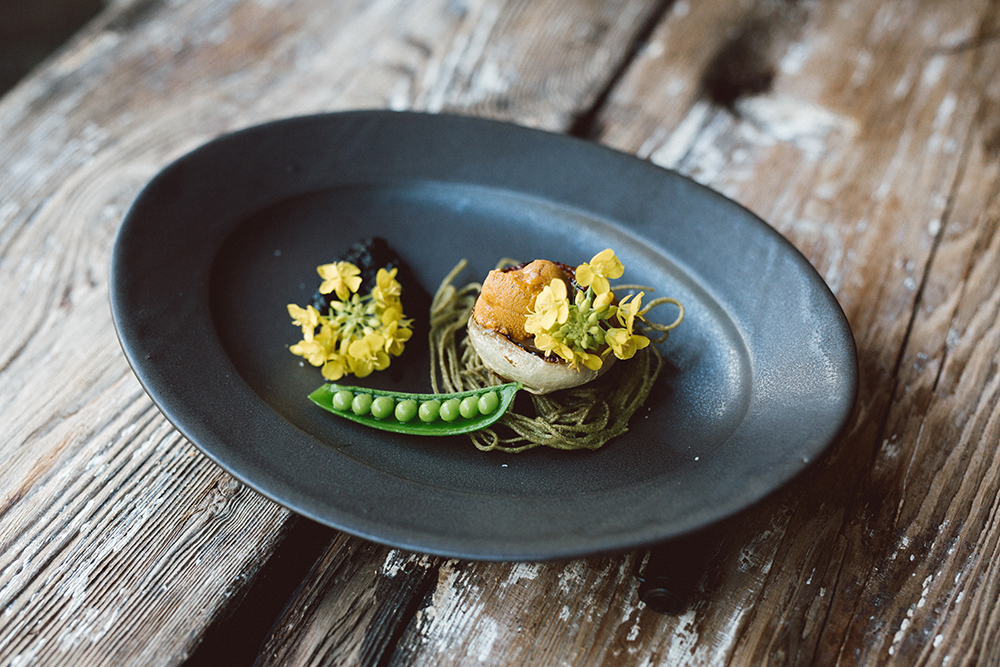
How did you come up with the idea to create Food Studio?
You know how it is with your ideas of what you will do with your life. For, me it hasn’t been a clear path at all. So much of it has been coincidence. But looking back now, in a strange way it really looks like there was this plan behind it all because the path is now really clear. 2011 was a year that changed a lot for me. I had worked for 5 years in the commercial food industry. It was just a small team, with 5 founders. We could experiment a lot with trying to deliver healthy and high-quality alternatives. But then they were bought by the biggest monopoly in the Norwegian food system. Of course, in every giant corporation there are a lot of good people who honestly try to make a difference, but you are just blocked by the system. Every decision was based on price and volume. And my decisions were always about quality and what’s good for you.
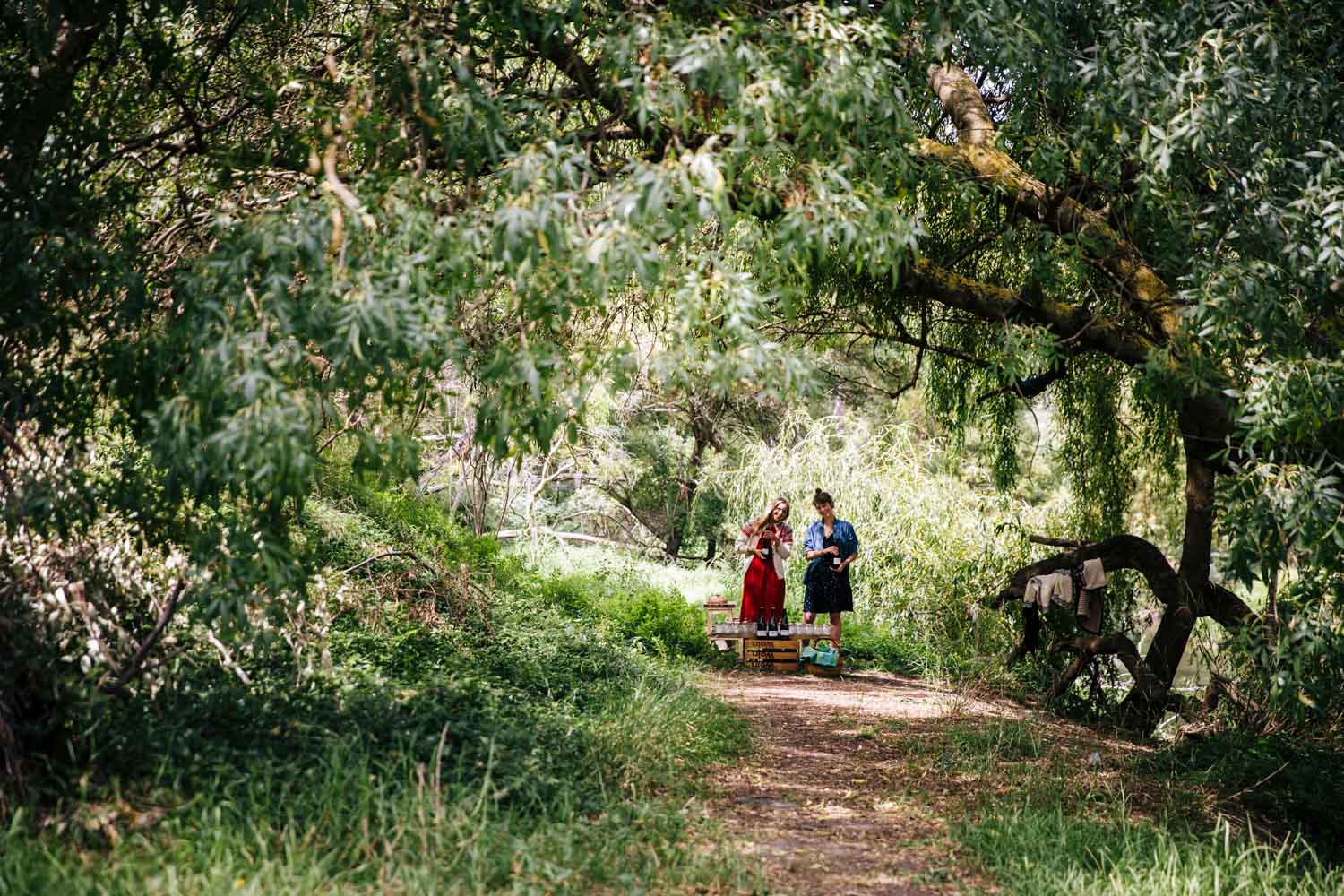
So I ended up traveling to Buenos Aires. It was the first time in my life that I just bought a ticket without knowing anyone and without having a plan. My goal, when I was there, was to write a business plan for my life. It ended up being very far away from what my life is now, but when I look back at what I wrote, I see certain people who influenced me. One of those people was a photographer in Buenos Aires who had created this super vibrant community of fascinating people. And she financed everything through renting out rooms in her apartment and putting on events at her gallery. This ended up being very close to what I have created here in Oslo: the community, the collective, the people. And every time that I haven’t gotten enough commercial projects for Food Studio, that make sense for us, I have rented out my apartment just like her.
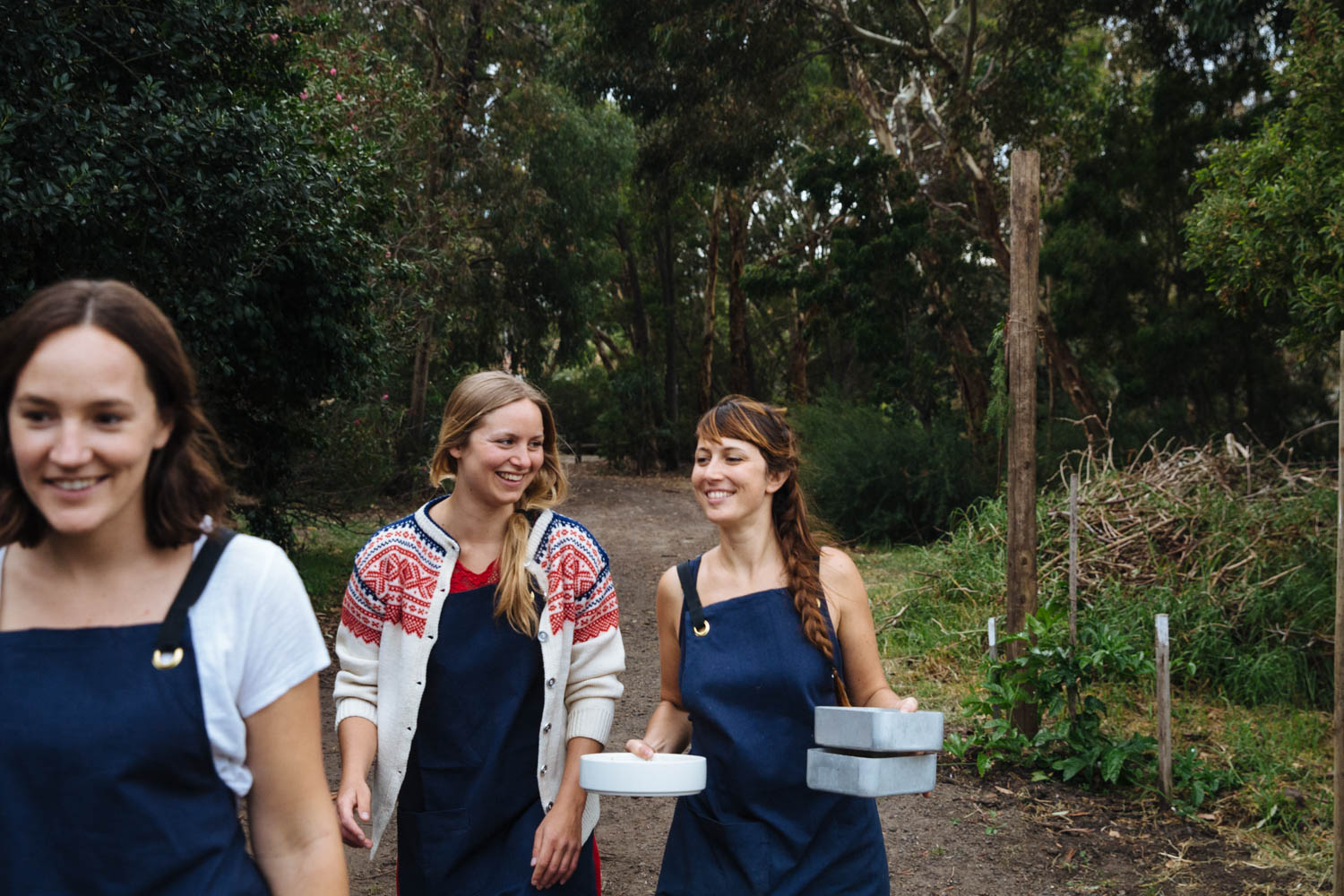
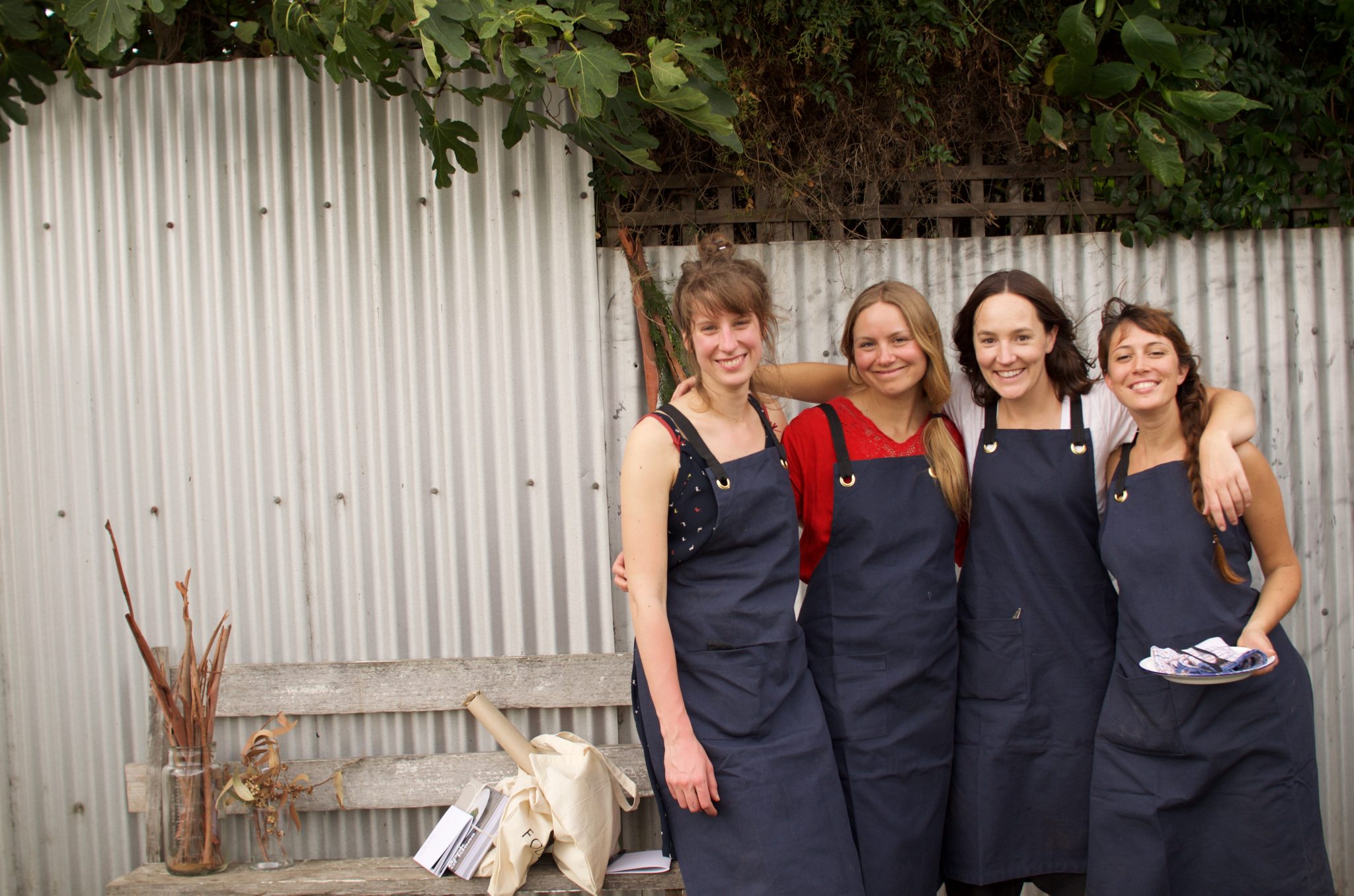
How has Food Studio changed over the years?
The Food Studio community started with these super creative food geeks who were very much into design and food as a way of performing. Over time, Food Studio has evolved to focus more on sustainability. So, that has been the biggest change of direction. It’s fun to look back to see who was part of the team then and now. It has always been quite dynamic. Food Studio is not a normal company. You have to give a lot of yourself and you have to have your own spirit.
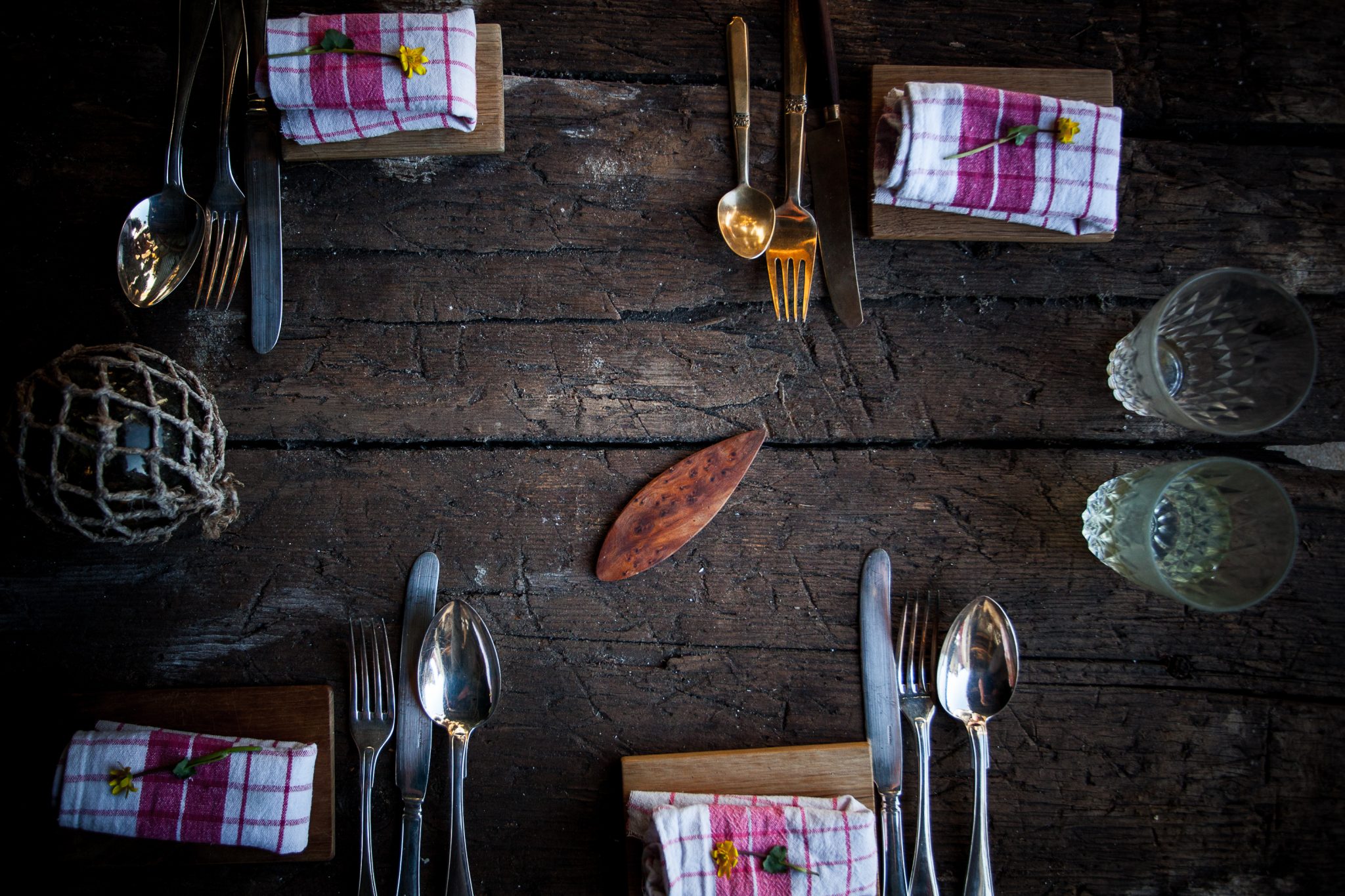
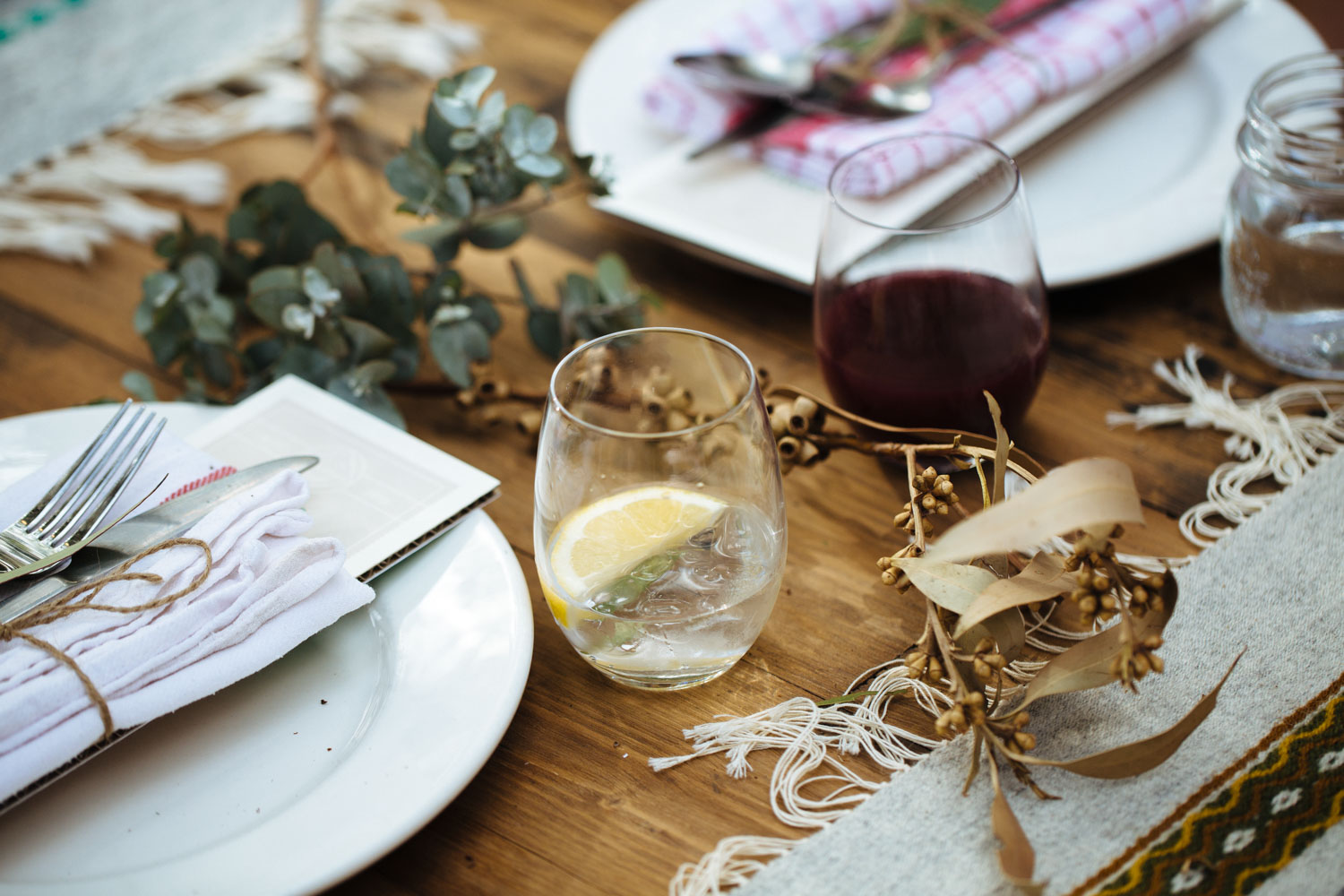
Advice for people trying to make a change toward sustainable living?
If you want shift toward sustainable living, stop talking, start doing, and don’t do it by yourself. Do it collectively. Commit as a group and do it as a mutual project. That’s been my approach. Connect in a way where you are taking care together.
Was it a hard decision to stop flying?
On my last journey, to Japan, I was walking in the mountains trying to find the trail. And the land was all so restricted and protected. I asked myself, why am I not in my mountains. In Norway, we have a law that says nature is for everyone. I had this longing to go back to my roots. Perhaps I had filled my travel cup. So, I started this project of not flying. Just as a one year project. But it has really changed my perspective on the speed of travel and the rhythm of movement in life. It feels more like a transition process. And that I won’t go back to my old way of living after this.
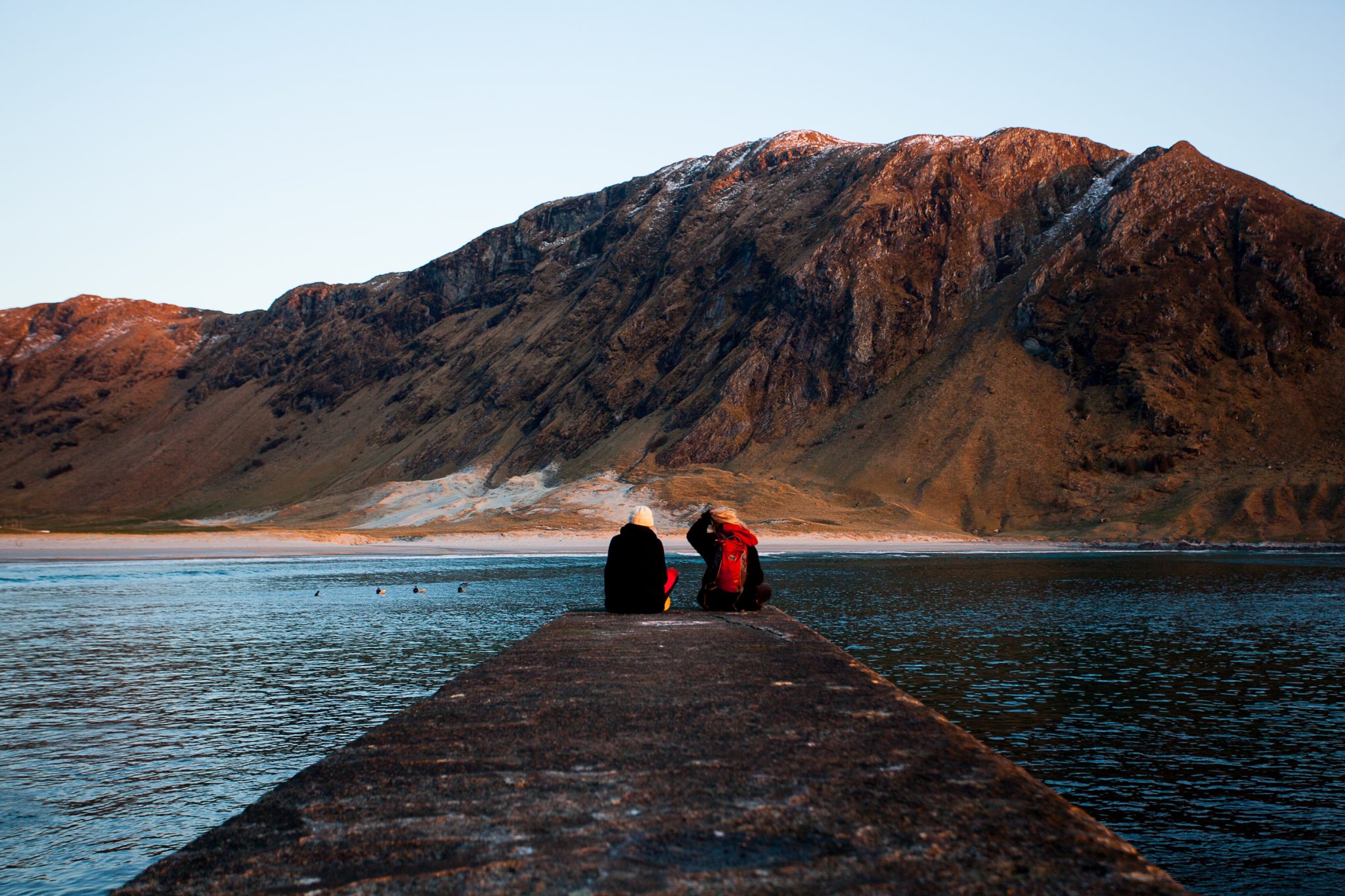
If you could send something to the future, what would it be?
I have a very bright image of the future! Unlike many people. And I know that one of the things that has enabled civilization survive catastrophe is grain. We have a grain in the Nordic region called Svedjerug. And it was almost extinct. A farmer found five seeds not long ago and began cultivating them. I now use it for everything, for bread, as rice — it’s very nutritious, it tastes good, and is great for baking. It also works as a replacement for seed. It has been feeding me all winter. That’s what I would send to the future.
